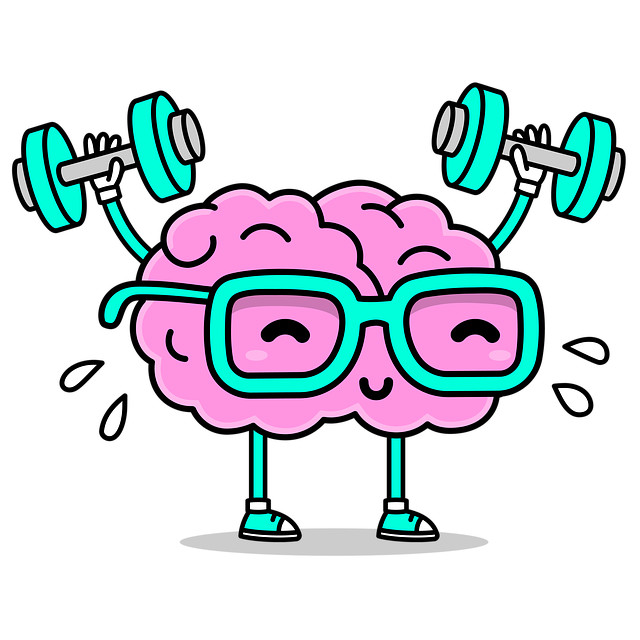Mental Health Courts provide a compassionate criminal justice approach for individuals with severe mental illnesses, focusing on treatment and recovery over punishment. Experienced attorneys offer specialized legal representation, advocating for clients' rights while navigating both the legal system and mental health complexities. Their strategies include diversion programs, treatment orders, and reduced sentences to ensure appropriate care and positive outcomes. Effective legal representation requires balancing legal expertise with therapeutic understanding, mastering psychiatric matters, consulting experts, and fostering strong client relationships. The goal is to de-stigmatize, advocate for evidence-based practices, and promote restorative justice, ensuring legal outcomes align with long-term recovery and reintegration into society.
Mental health courts, a specialized judicial approach, offer transformative justice for individuals grappling with psychiatric disorders. This article explores the critical role of attorneys in these cases, delving into the unique challenges and strategies for effective legal representation. From understanding court dynamics to navigating complex client needs, professionals play a pivotal role in shaping fair outcomes for those facing mental health issues. Discover insights on mastering this specialized field of legal representation.
- Understanding Mental Health Courts and Their Role in Legal Representation
- The Unique Challenges of Representing Clients with Mental Health Issues
- Strategies for Effective Legal Representation in Mental Health Court Cases
Understanding Mental Health Courts and Their Role in Legal Representation

Mental Health Courts represent a unique and evolving aspect of the legal system, designed specifically to address the needs of individuals with severe mental illnesses who are involved in the criminal justice process. These courts offer an alternative approach to traditional prosecution and sentencing, focusing on treatment, recovery, and community reintegration. In this specialized setting, experienced attorneys play a crucial role in providing legal representation for clients facing mental health-related legal issues.
The primary objective of Mental Health Courts is not punishment but rather to ensure that individuals with mental illnesses receive appropriate care while holding them accountable for their actions. Legal representatives in these courts must have a deep understanding of both the criminal justice system and the complexities of mental health disorders. They advocate for their clients’ rights, navigate the legal process, and collaborate with treatment providers to facilitate the best possible outcomes, often involving diversion programs, treatment orders, or reduced sentences.
The Unique Challenges of Representing Clients with Mental Health Issues

Representing clients with mental health issues in court presents a unique set of challenges that demand a specialized approach. These individuals often face complex barriers, including communication difficulties, irregular thought patterns, and impulsive behaviors, which can hinder their ability to participate actively in legal proceedings. Lawyers providing legal representation in such cases must adapt their strategies to accommodate these challenges, ensuring effective communication and understanding while navigating the nuances of mental health conditions.
The dynamic nature of mental health means that symptoms may fluctuate, impacting a client’s capacity for consistent engagement. Legal representatives need to be flexible and patient, adjusting their tactics accordingly. This may involve seeking accommodations from the court, such as additional time for case preparation or clearer instructions during hearings. By embracing these adjustments, lawyers can offer tailored legal representation, advocating for their clients’ rights while recognizing and addressing their unique circumstances.
Strategies for Effective Legal Representation in Mental Health Court Cases

Effective legal representation in mental health court cases requires a nuanced approach that understands both the legal and therapeutic dimensions of the issues at hand. Attorneys must be adept at navigating complex psychiatric diagnoses, treatment plans, and recovery models. This involves gathering comprehensive medical records, consulting with experts in psychiatry or psychology, and building strong relationships with clients to gain insights into their experiences and challenges.
A successful strategy should focus on de-stigmatizing mental health issues within the judicial system, advocating for evidence-based practices, and promoting restorative justice approaches. By presenting a holistic view of the client’s needs and goals, lawyers can ensure that legal outcomes are aligned with long-term recovery and reintegration into society. This includes employing clear and accessible language during proceedings, explaining technical concepts to judges and fellow attorneys, and ensuring clients’ voices are heard and respected throughout the process.
